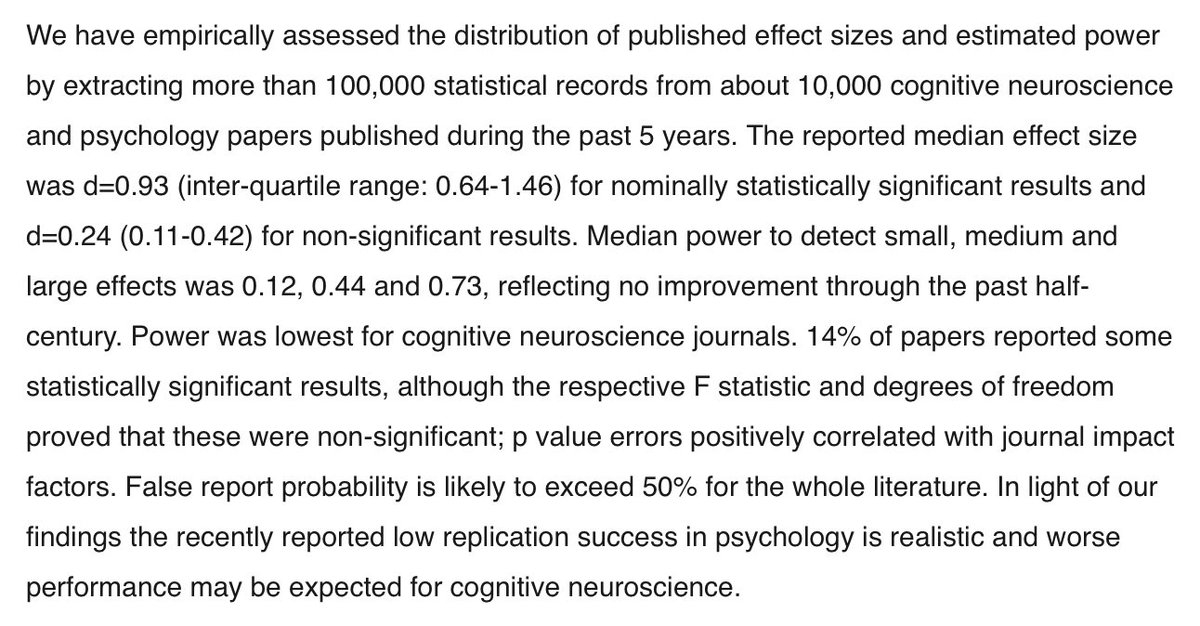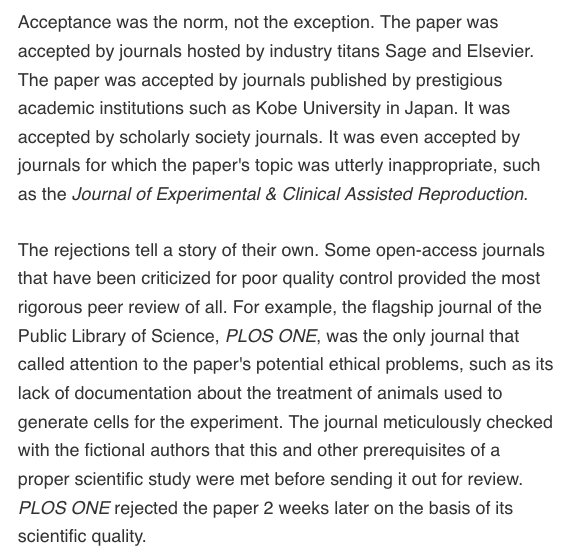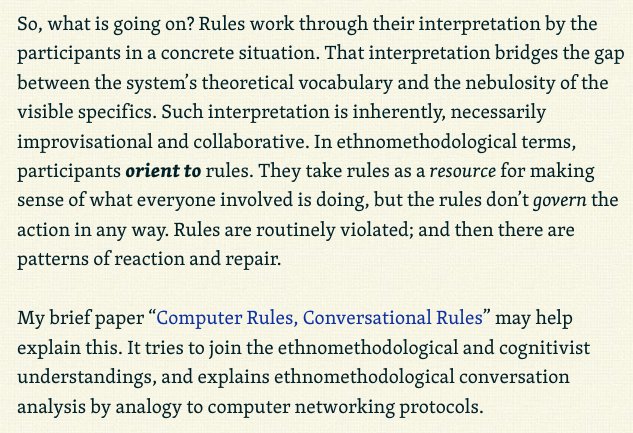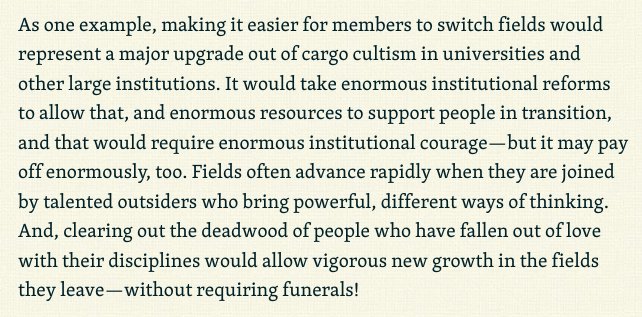
There should also be consequences for editors and reviewers that accept demonstrably and intentionally bogus papers.
Some fields should simply end. I suggested that for nutrition: meaningness.com/nutrition-resi…
Currently, reviewing papers is unpaid scut-work. Not surprising not everyone does it well.
Publishers might have to pay reviewers…
That would be good. Everyone agrees there’s WAY too much stuff published under the current system. A 90% reduction would be great.
Learning what should count as unacceptably bad research is a critical part of learning how to do it well. And of spotting the difference in the lit.
Reviewers would quickly catch on to the simplest tricks… then subtler errors.
And I hope this would lead to a virtuous upward spiral of quality.
𝔸) Would this make academia more adversarial, and thereby even more awful?
𝔹) Can a system develop that is adequately resistant to gaming (Goodhart’s Law)?
ℂ) Is it realistic to imagine something like this could actually happen?
As for ℂ — the crisis in academia is now obvious to all. Things cannot go on as they are. Unusual action becomes possible in extremis.
Recent dramatic process reforms in social psychology are startling, and inspiring.
Deliberately targeting junk journals—one of many problems.
♻️@hbdchick
science.sciencemag.org/content/342/61…







